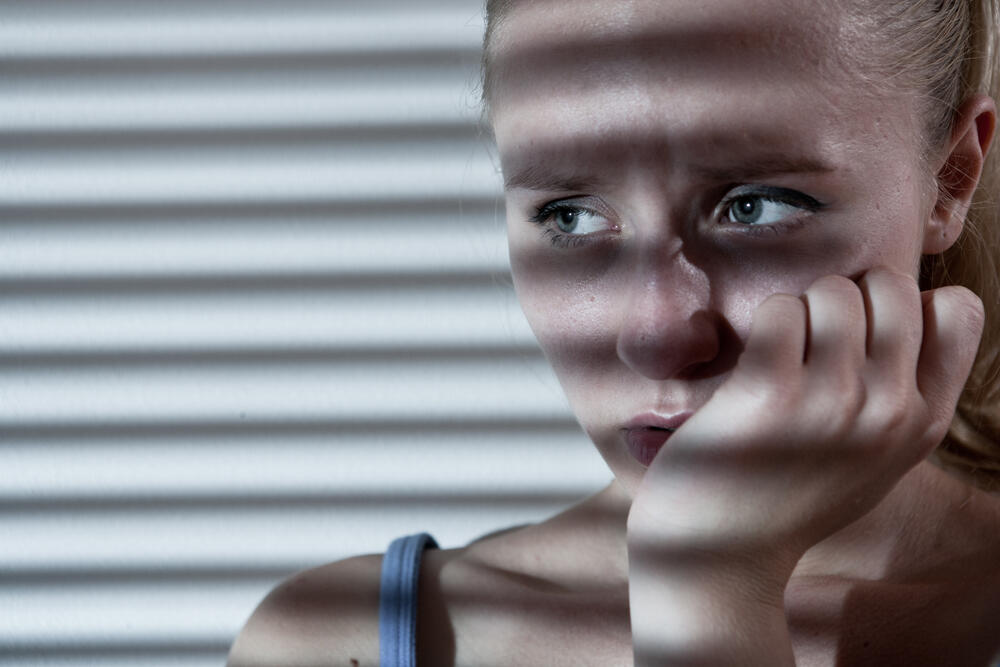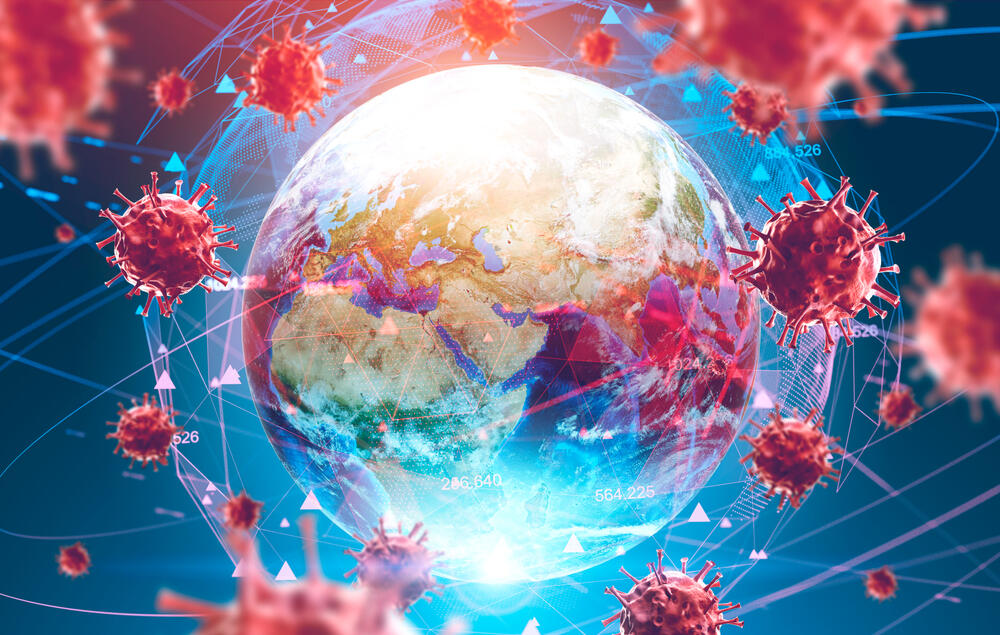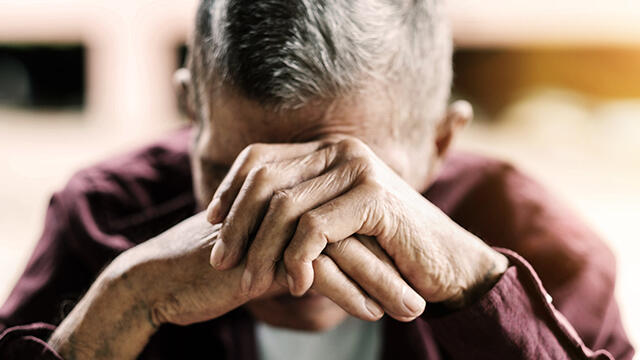Getting your Trinity Audio player ready...
One of the many consequences of the coronavirus pandemic is the way in which it affected the mental health of many people who spent weeks in lockdowns, lost their jobs and were faced with other stressful situations that undermined their mental state.
The last two years have changed our perception of mental health, because if in the past it was customary to believe only some people suffer from these issues, now there is a clear understanding that it is much more common, and mental health problems is something we all have to deal with.
In the past year, there has been a significant increase in the number of people who reported to "Enosh" - The Israeli Mental Health Association - that they had faced mental problems, and the figures speak for themselves:
- 21% increase in calls to mental health help lines
- 15% increase in the number of people who received help in community centers
- 17% increase in family members who received counseling
- 27% increase in the number of teenagers and young people who contacted the Mental Health Association
The rise can be explained by the changes in our reality that the coronavirus has created, but it also results from increasing public awareness of mental health.
The mere discourse on mental health, the realization that a mental crisis can strike each and every one of us, the acknowledgment of the issue by public opinion leaders in Israel and across the world, who came out of the "mental health closet" to reveal them or their family members are dealing with depression and anxiety, has contributed greatly to lifting stigma off this once-sensitive topic.
Over the years, Enosh focused on developing rehabilitation and holistic services in the community, touching on various aspects of life (employment, housing, family, society, and leisure). We noticed how public awareness of mental health and the stigma that comes along with it began to change.
As a result, after understanding the importance of early intervention and the aspiration to carry out consecutive therapy treatments, we have expanded our mental support and early prevention services in order to provide alternatives to hospitalization. And we did that by creating centers that help to find balance and give helpful tools to cope with everyday life: to take care of teenagers and youth, balance alternatives to psychiatric hospitalization; create special programs that address people who have experienced their first psychotic episode and others.
Studies showed that early intervention and initial treatment reduce the chance of developing a mental illness and even an outbreak of a serious mental problem. Therefore, it is crucial to focus the effort on promoting preventive psychological treatment for teenagers and developing additional services for them.
In a recent survey of teenagers and young people between the ages 25 and 16, half of the participants reported a deterioration in their emotional state over the past year. However, only 11% of them went to therapy. And the rest? Considered going to therapy, but eventually didn't do so - 45% because of the high cost and 23% because of the stigma attached to it.
In the meantime, the increased demand for mental health services has left the Israeli mental health system suffering from overload, with long lines and lack of possibility to provide proper help due to low government budgets.
There is also a lack of knowledge, information, and general civil awareness regarding the possibilities available to people who are dealing with a mental crisis.
The COVID crisis has made it clear that a lot of improvement and changes are needed in the mental health field in Israel. But in order to do so, there is also a need to invest significant economic resources to prevent future national mental health crises.
Dr. Hila Hadas is the director-general of "Enosh" - The Israeli Mental Health Association




